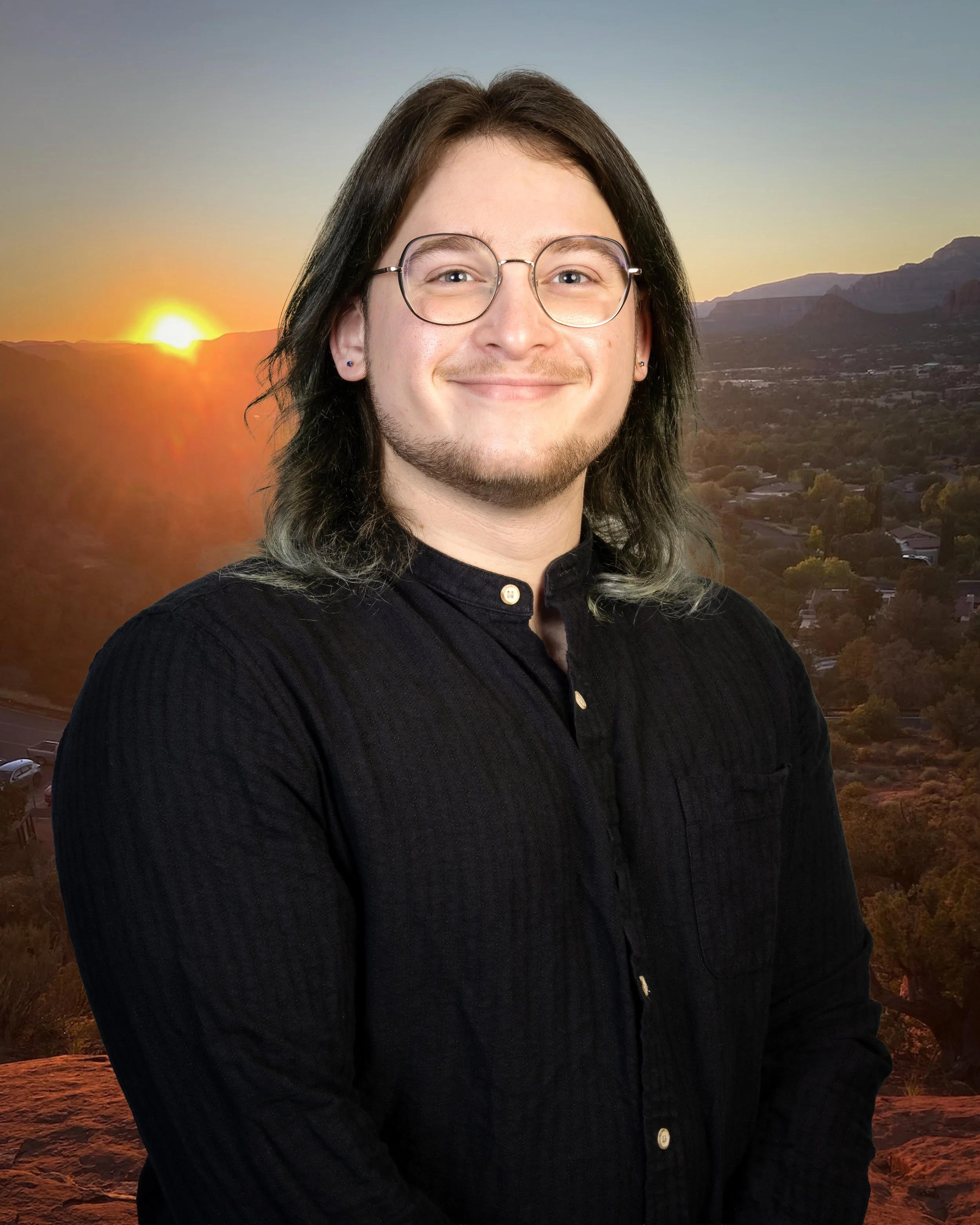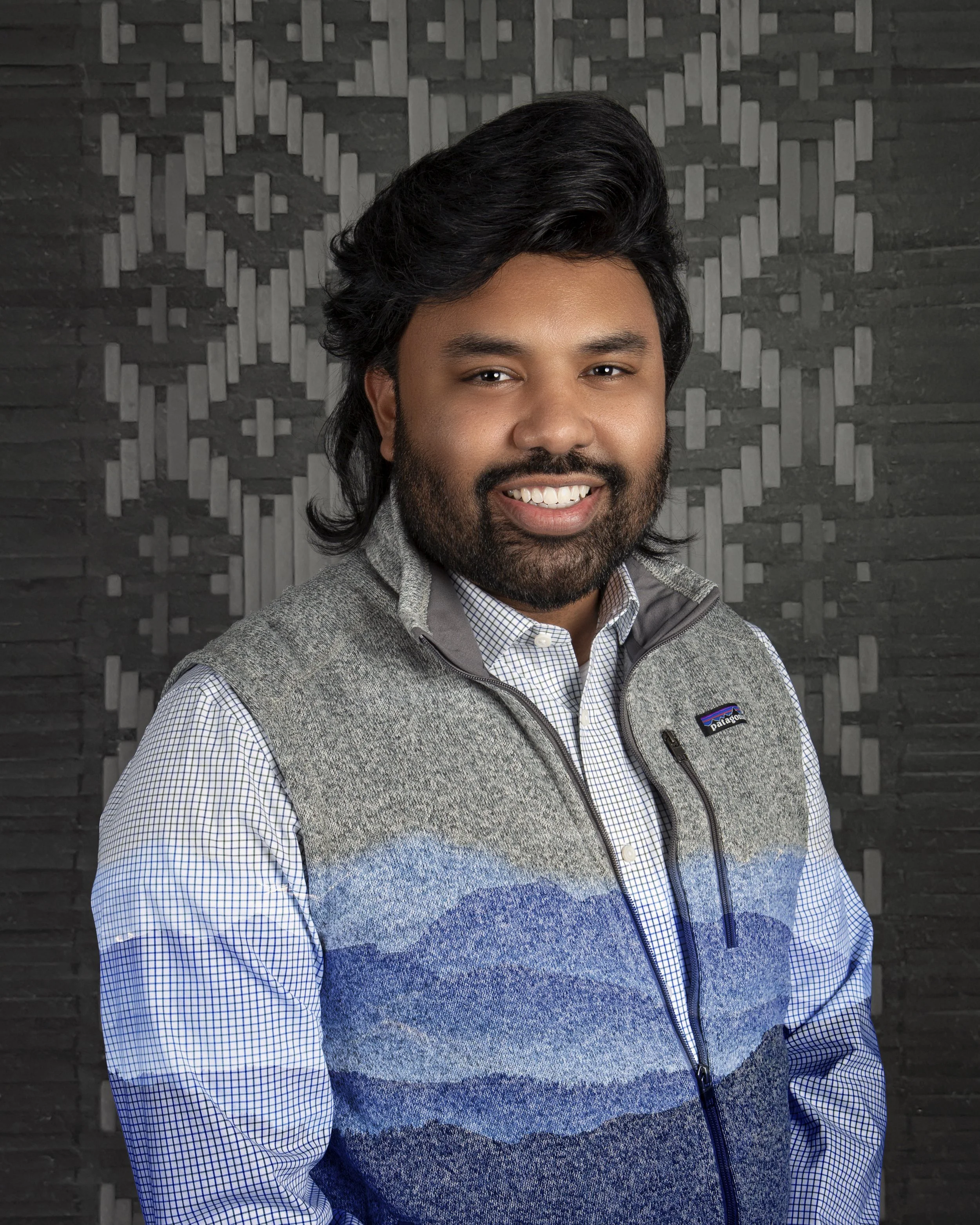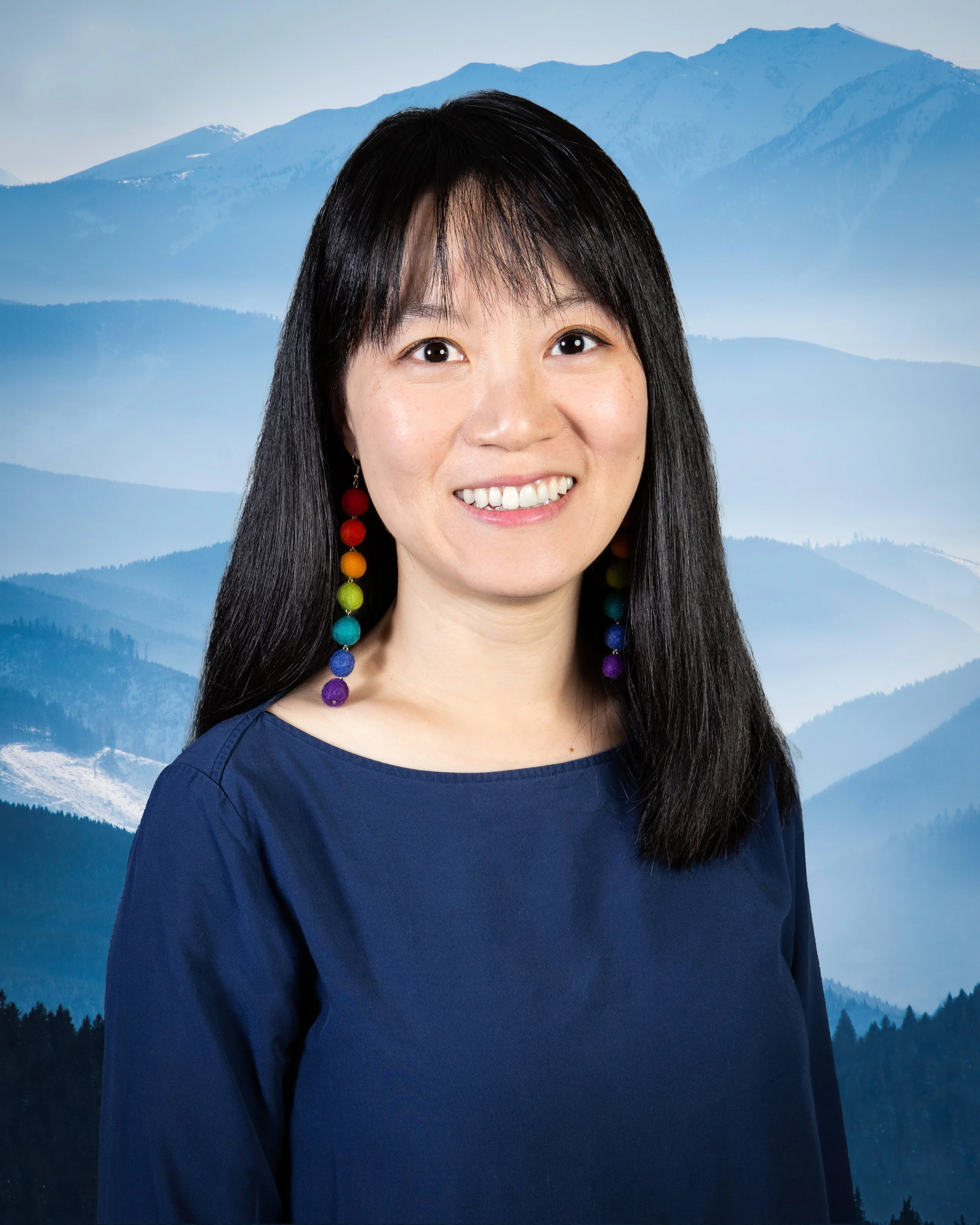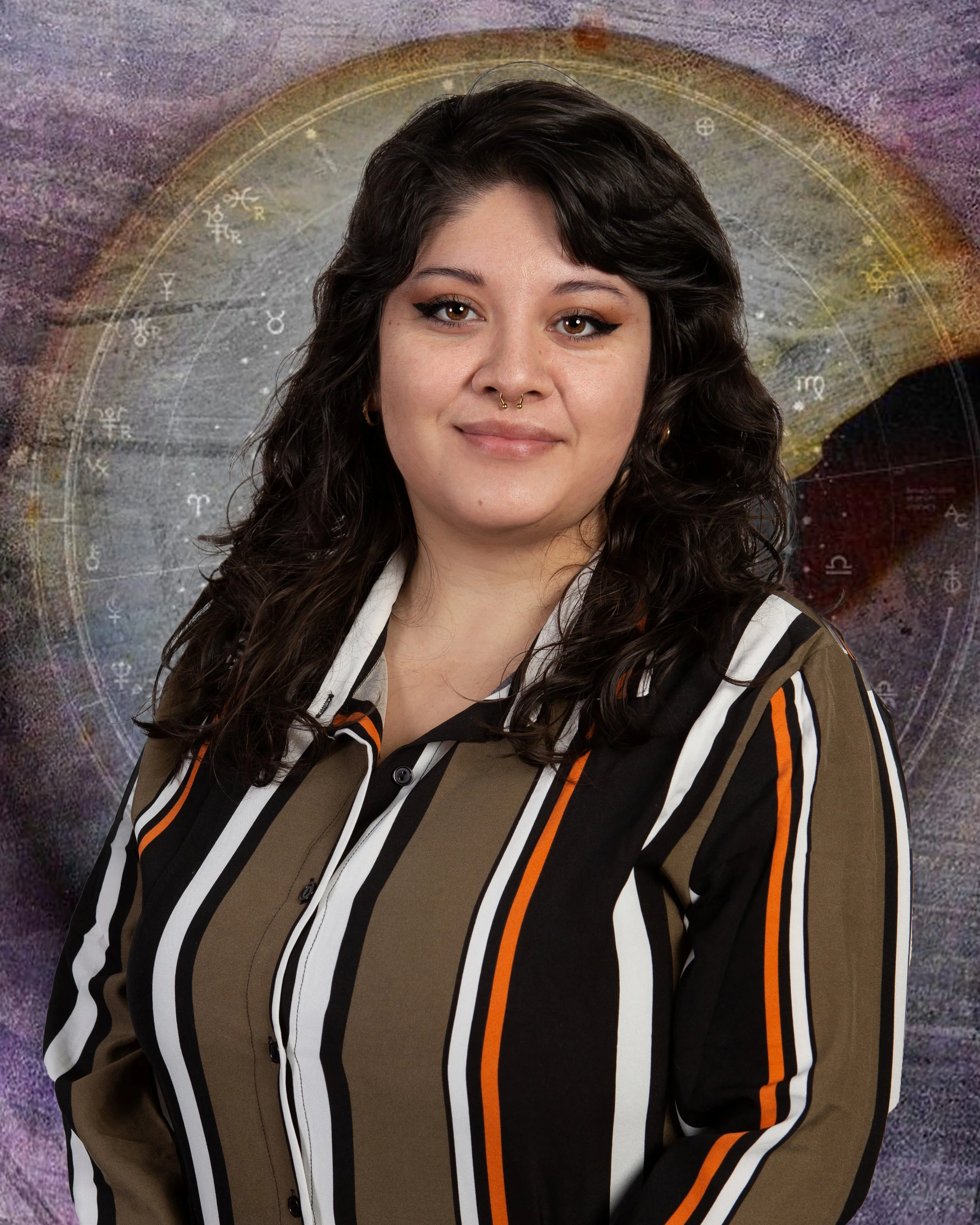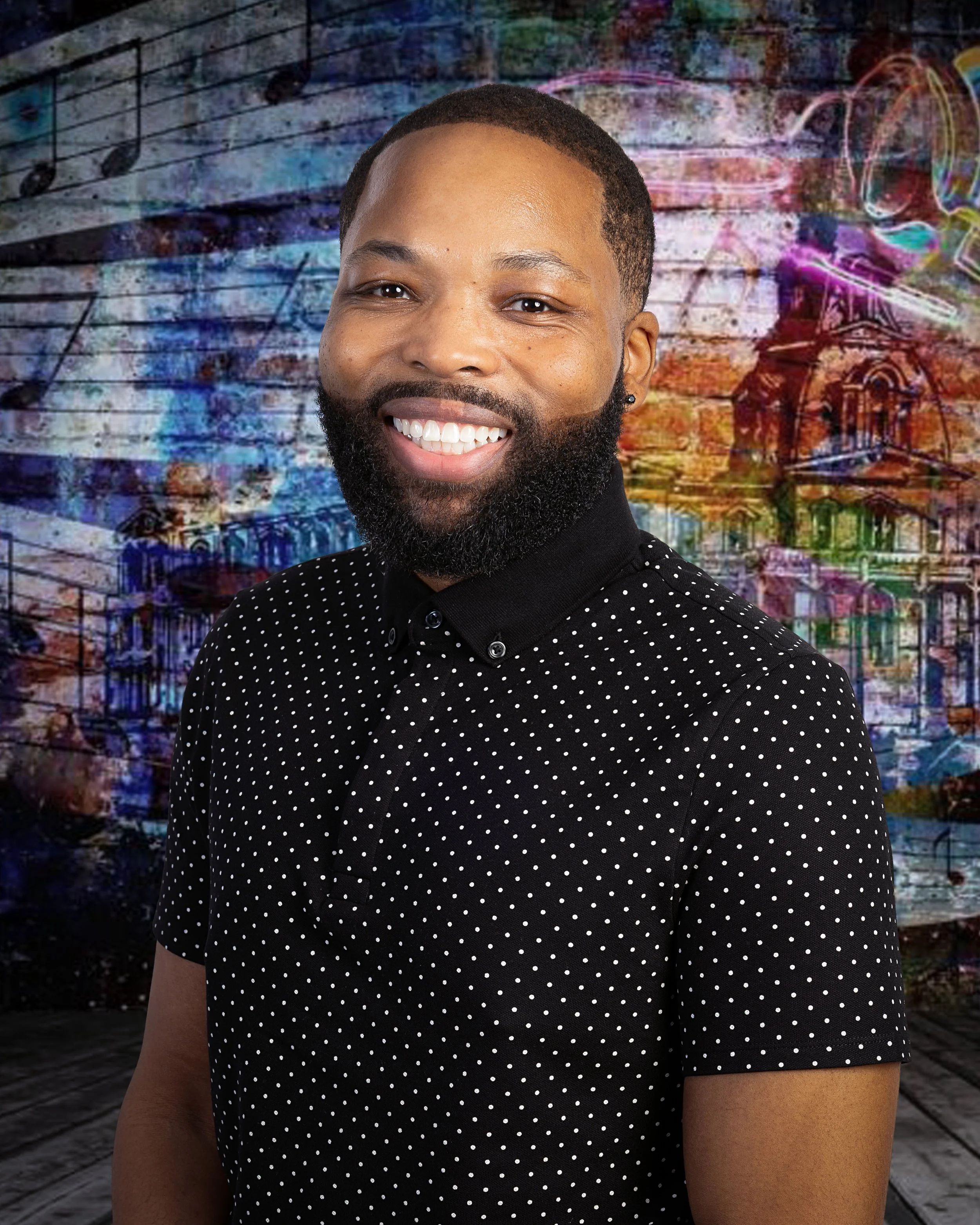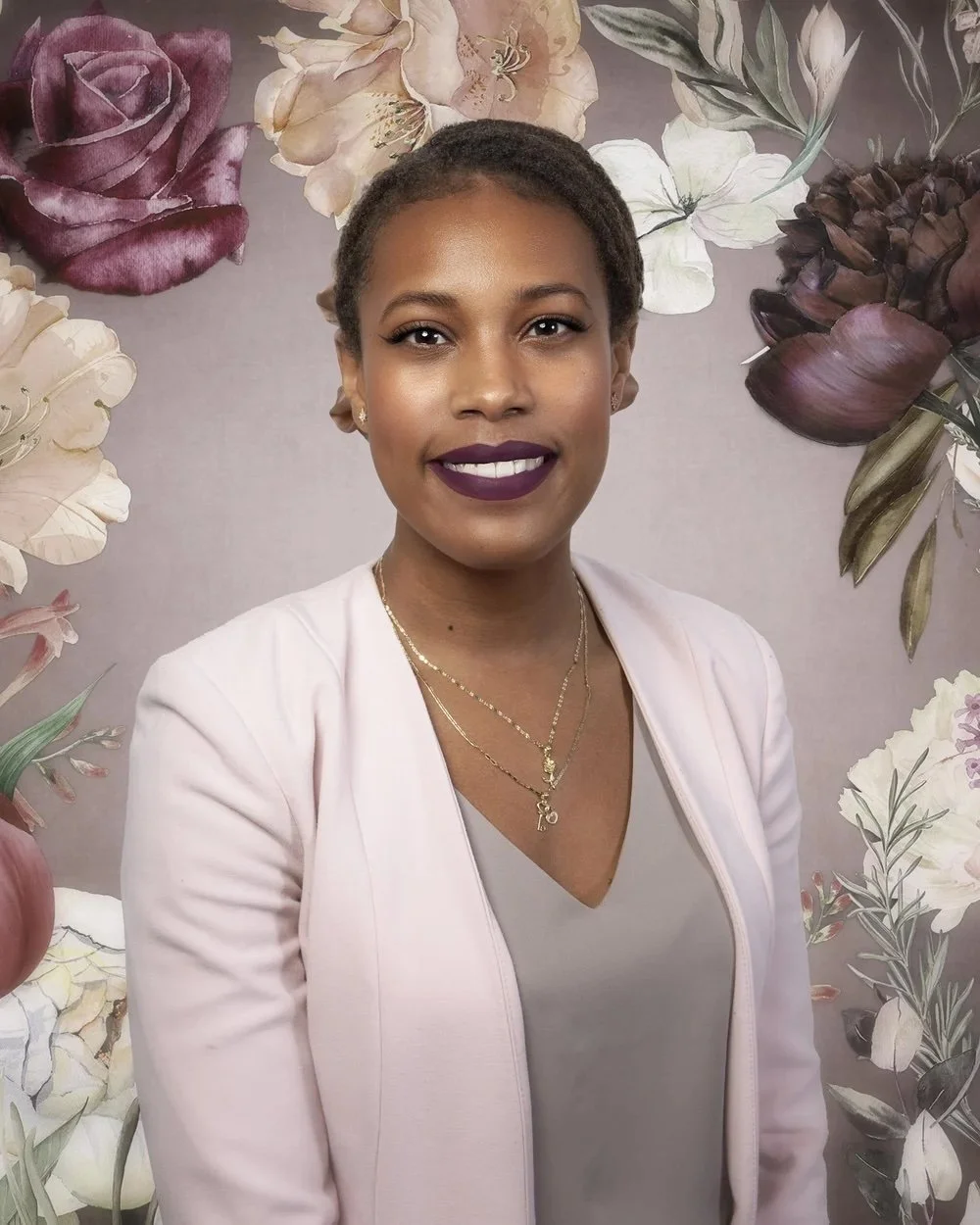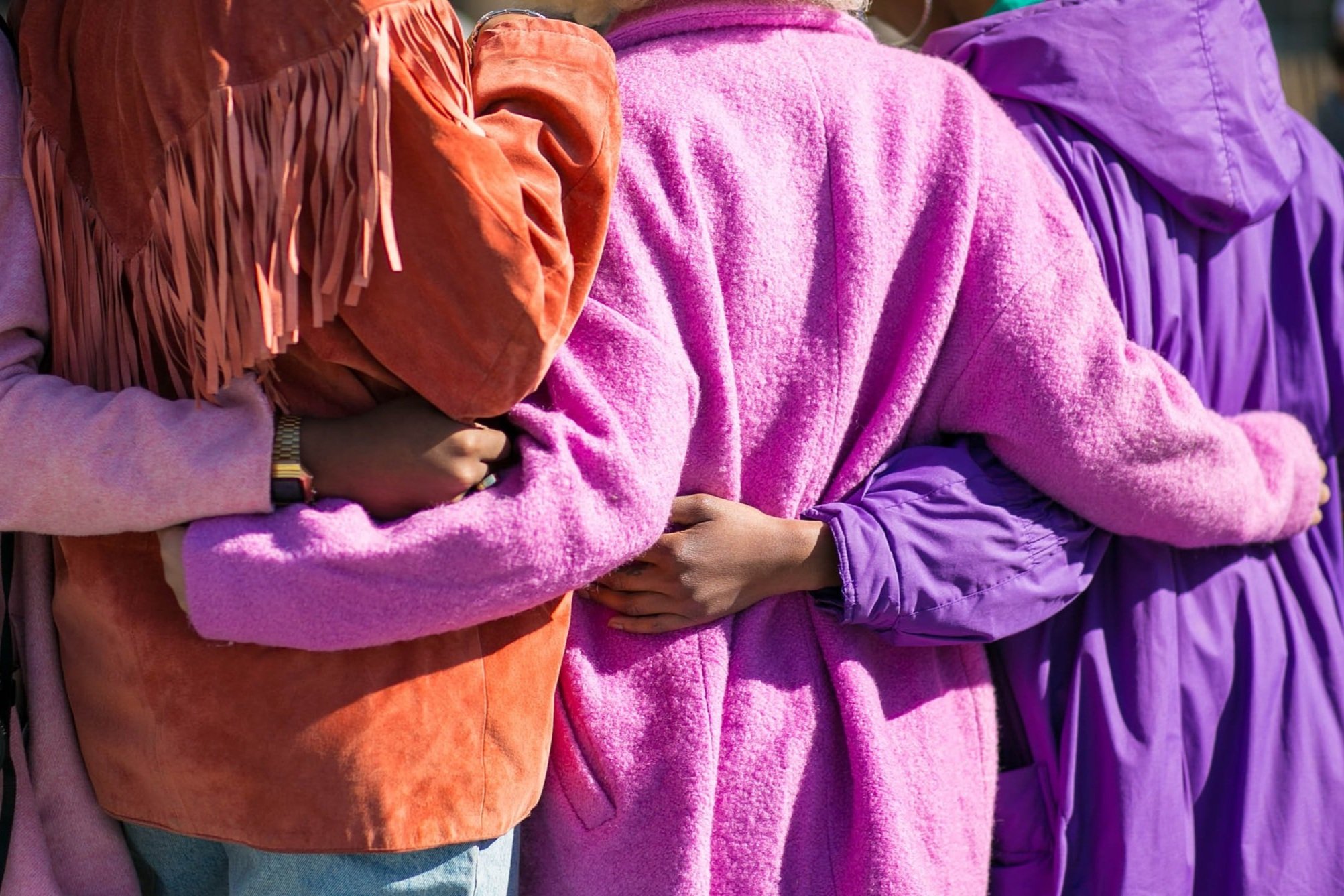
accepting new clients
My Specialties
Life transitions and adjustment issues
Identity development and self-concept exploration
Religious trauma and spiritual identity shifts
LGBTQ+ affirming counseling (sexuality, gender roles, identity)
Family-of-origin issues
Existential concerns and meaning-making
Kayleigh Schofield LCMHCA
My Specialties
Neurodivergence (assessment, identity, coping strategies)
Substance use and behavioral addictions
LGBTQIA+ affirming therapy
Identity development and self-acceptance
Trauma related to systemic oppression and marginalization
Family support for neurodivergence
Adjustment and coping across the lifespan
Jordan Binkowitz LCSW-A
My Specialties
Bicultural identity and acculturative stress
Latine mental health and cultural identity struggles
Anxiety and stress management
Self-identity and belonging
Family-of-origin and parental relationship dynamics
Inner child work and healing from past experiences
Improving self-talk and building resilience
Existential exploration and meaning-making
Jomaris Díaz Hernández LCMHCA
My Specialties
Black mental health and identity development
Race- and gender-based stress, including microaggressions
Adolescent and young adult mental health
Educators
Anxiety and depression management
Self-concept and authenticity exploration
Family, cultural, and community-based stigma surrounding mental health
Life transitions and adjustment challenges
Psychoeducation as a therapeutic tool
Nya McMullen LCMHCA
My Specialties
Indigenous mental health and cultural identity
Decolonizing mental health and worldview reconstruction
Identity development and belonging
Men’s mental health and masculinity in counseling
Anxiety and work-life balance
Trauma connected to systemic oppression and historical marginalization
Advocacy-centered healing (empowerment and voice)
Sage Dunston LCMHCA
My Specialties
Identity exploration and self-discovery (including sexuality, gender, and relationship models)
Neurodivergence (ADHD, autism; personal insight as a caregiver and advocate)
LGBTQIA2+ affirming therapy
Polyamory, kink, and non-traditional relationships
Depression, anxiety, and trauma
Life transitions and adjustment challenges
Caregiver stress and family support
Culturally affirming therapy for marginalized communities
Maria Hailey LCMHCA
My Specialties
Bicultural identity development and belonging
Trauma recovery (childhood trauma, domestic violence, complex trauma)
Immigration and acculturation-related stress
Perinatal, pregnancy, and postpartum mental health
Intercultural and interracial relationship dynamics
Gender role expectations and identity exploration
Empowerment through feminist and social-location frameworks
AAPI mental health and community support
Lys Lin LCMHCA
My Specialties
Anxiety, depression, and stress management
Complex PTSD and intergenerational trauma healing
Self-esteem and self-identity development
Grief and loss counseling
Life transitions and personal growth
Culturally affirming care for Black communities
LGBTQIA+ affirming and inclusive therapy
Integrating spirituality and faith in mental health work
Katherine McKoy LCSWA
My Specialties
Intersectional identity exploration (gender, sexuality, culture, neurodivergence)
Intergenerational, colonial, and childhood trauma
Anxiety, depression, and stress management
Healing from internalized oppression and reclaiming self-worth
Empowerment for queer BIPOC and immigrant communities
Relationship challenges and self-compassion work
Body reconnection and somatic self-awareness
Frances De Los Santos LCMHC
My Specialties
Identity formation and self-concept development
Racial and cultural identity challenges
Coping with experiences of racism and discrimination (both subtle and overt)
Anxiety, stress, and depressive symptoms related to social pressures
School-related stress and academic adjustment
Family dynamics and generational communication issues
Tyler Singleton LCSW
My Specialties
Intersectional identity exploration (gender, sexuality, culture, neurodivergence)
Intergenerational, colonial, and childhood trauma
Anxiety, depression, and stress management
Healing from internalized oppression and reclaiming self-worth
Empowerment for queer BIPOC and immigrant communities
Relationship challenges and self-compassion work
Body reconnection and somatic self-awareness
Lila Olson LCMHC
My Specialties
Identity exploration and empowerment
Spiritual growth and existential healing
Relationship challenges
Recovery from narcissistic abuse and interpersonal partner violence
Sex positivity and embodied self-acceptance
Support for psychedelic therapy integration
Multicultural and intersectional healing
Kiki Jacobson LCMHCA
My Specialties
Trauma recovery and empowerment
Anxiety and depression
Women’s issues and self-esteem
Identity exploration and self-concept development
Oppression-based stress and internalized bias
Relationship and communication challenges
Adolescent and young adult adjustment
Danay Scott LCMHC
My Specialties
Life transitions and identity development
Relationship and marital concerns
Career exploration and role adjustment
Depression, anxiety, and stress management
Navigating intersectional identities (race, gender, sexuality)
Adjustment to disability and chronic illness
Crisis intervention and suicidal ideation
Mel Johnson-Norwood LCMHCA
My Specialties
Neurodivergence (Autism and ADHD)
Identity development and self-acceptance
Anxiety, trauma, and stress management
Intersectional experiences (bicultural, biracial, bireligious)
Self-esteem, belonging, and self-expression
Coping with chronic illness and disability
Relationship and family system challenges
Mariam Al-Akhdar LCMHCA
My Specialties
Neurodiversity and executive functioning support
ADHD, Autism Spectrum Disorder (ASD), and learning differences
Trauma recovery (childhood, relational, racial, educational, and systemic)
Grief and loss counseling
Mood and adjustment disorders
Relationship and family-of-origin issues
Coaching and skills training for neurodivergent clients
Elizabeth Robinette LCMHC
My Specialties
Anxiety and mood management
Obsessive-Compulsive Disorder (OCD) and related conditions
Trauma recovery
Life transitions and stress management
Cultural identity and bicultural experiences
College and young adult mental health
Forensic and community-based support
Skill-building for emotional regulation
EMDR, CBT, DBT, ERP, HRT, and mindfulness practices
Asha Simpson LCSW
team photos by kearsten leder photography

